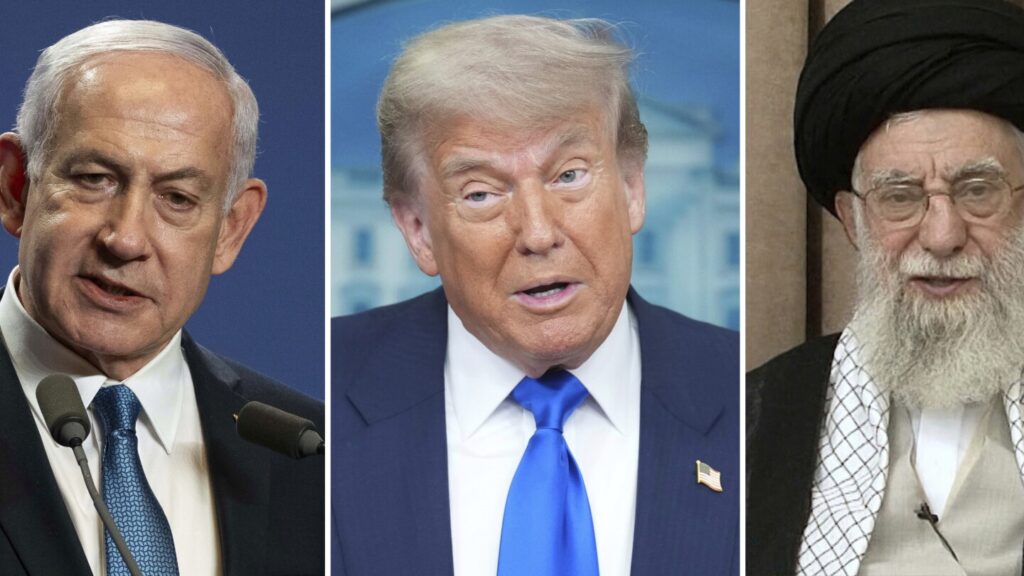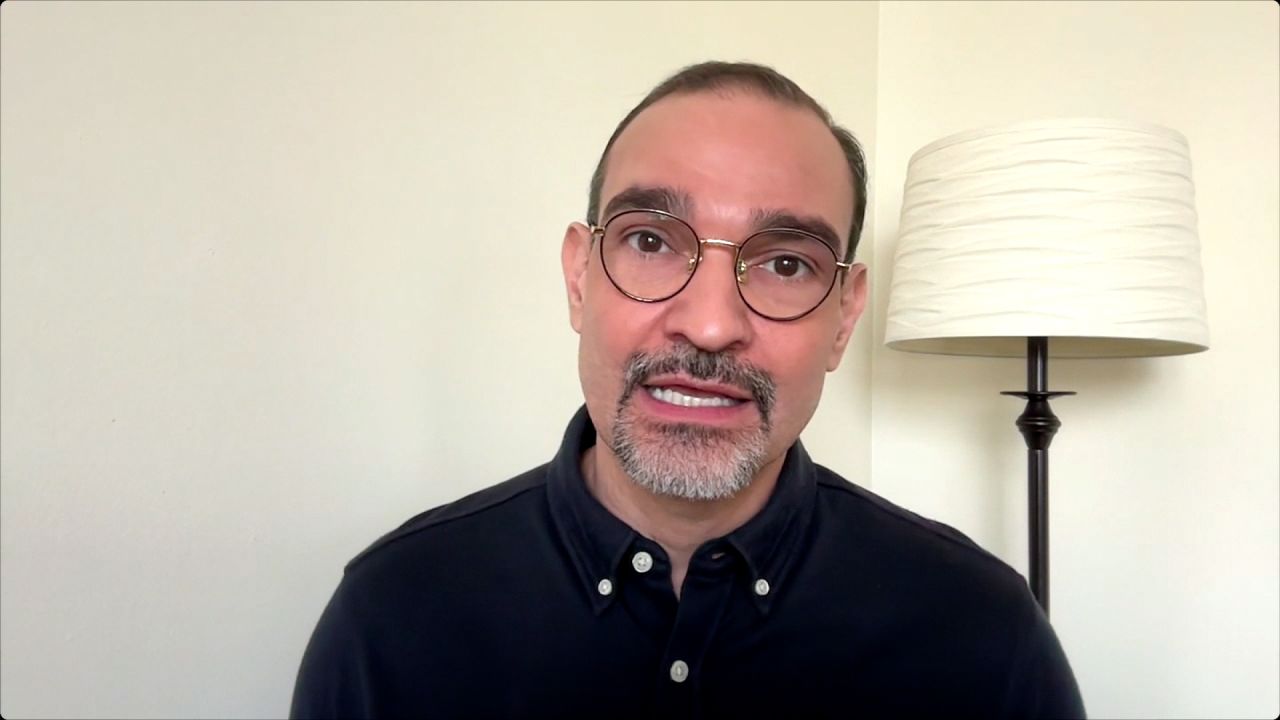
DUBAI, United Arab Emirates (AP) — A week has passed since the United States mediated a truce between Israel and Iran, concluding a tense 12-day conflict that had the Middle East and the world on edge. The ceasefire, secured by the U.S. following the deployment of 30,000-pound “bunker-busting” bombs on three of Iran’s key nuclear sites, remains in place. However, numerous uncertainties persist.
The extent of the setback to Iran’s nuclear program is still unclear. The potential for renewed U.S.-Iran peace talks is uncertain, and whether U.S. President Donald Trump can leverage this moment to encourage Israeli Prime Minister Benjamin Netanyahu’s government and Hamas to focus on a ceasefire and hostage deal that could conclude the 20-month war in Gaza remains an open question.
Assessing the Damage to Iran’s Nuclear Program
President Trump has stated that the American strikes “obliterated” three targets, with his defense secretary echoing that they were “destroyed.” In contrast, a preliminary report from the U.S. Defense Intelligence Agency noted that while significant damage was inflicted on the Fordo, Natanz, and Isfahan sites, the facilities were not completely destroyed.
Rafael Grossi, the head of the International Atomic Energy Agency, remarked on CBS’ “Face the Nation” that the Iranian sites with capabilities for uranium treatment, conversion, and enrichment were “destroyed to an important degree.” Yet, he cautioned that some infrastructure remains intact, allowing Iran the possibility to resume activities if they choose. He emphasized that a full assessment of the damage hinges on Iran granting inspectors access.
The Future of U.S.-Iran Relations
Following the ceasefire agreement, President Trump hinted at the possibility of easing long-standing sanctions on Tehran, suggesting that Iran could become a “great trading nation” if it permanently renounced its nuclear ambitions. However, this optimism was short-lived.
In his first public appearance post-ceasefire, Ayatollah Ali Khamenei claimed that Tehran had delivered a “slap to America’s face.” Trump retorted, urging the supreme leader to acknowledge that Iran “got beat to hell.” Consequently, Trump has paused any immediate sanction relief, citing Khamenei’s inflammatory remarks.
White House officials have indicated that preliminary discussions about resuming negotiations, which halted after Israeli strikes began, are underway. Yet, Iranian Foreign Minister Abbas Araghchi insists that no agreement to restart talks has been reached. The readiness of Iran’s leadership to engage in dialogue so soon after the conflict is questionable, particularly if Trump maintains the demand that Iran must cease nuclear enrichment entirely, even for civilian purposes. Trump himself has sent mixed signals regarding his commitment to talks, stating, “We may sign an agreement,” but also adding, “I don’t think it’s that necessary.”
The Role of Iran’s Supreme Leader
Questions about Ayatollah Khamenei’s involvement in U.S.-Iran relations and Iran’s response to American and Israeli strikes have arisen, given his age and recent frail appearance. Despite spending weeks in a bunker due to escalating threats, there is little indication that Khamenei does not retain control over Iran’s military and governmental operations.
Khamenei has ruled for three times longer than his predecessor, Ruhollah Khomeini, and has profoundly influenced the lives of Iran’s over 90 million citizens. He entrenched the rule by the “mullahs,” solidifying his status among hard-liners as an unquestionable authority. Simultaneously, he has developed the paramilitary Revolutionary Guard into a dominant force in Iran’s military and politics.
Potential Iranian Retaliation
Iran’s retaliatory missile attacks on a U.S. base in Qatar were dismissed by the White House as a face-saving gesture. The U.S. was forewarned, and the attacks were easily thwarted. Nonetheless, Iran remains a significant threat, particularly through cyberwarfare. Iranian-backed hackers have previously targeted U.S. banks, defense contractors, and oil companies, though they have yet to cause major disruptions to critical infrastructure.
The U.S. Department of Homeland Security recently issued a bulletin warning of increased Iranian cyber threats. The U.S. Cybersecurity and Infrastructure Security Agency is urging organizations managing critical infrastructure, such as water systems, pipelines, or power plants, to remain vigilant.
The Fragility of the Israel-Iran Ceasefire
The ceasefire remains precarious. Following the U.S. strikes, Trump informed Netanyahu that further U.S. military action should not be anticipated, according to a senior White House official. However, Netanyahu has stated that Israel will retaliate if Iran attempts to revive its nuclear project.
The ceasefire was achieved without Tehran agreeing to dismantle its nuclear program. Khamenei claims the attacks had no significant impact on Iran’s nuclear facilities. Trump expressed confidence that Iran is not currently focused on its nuclear ambitions, stating, “The last thing they’re thinking about right now is enriched uranium.”
Nevertheless, Trump expects Iran to allow international inspections to verify that it does not restart its nuclear program, whether by the International Atomic Energy Agency or another respected organization.
Pressing Netanyahu on Gaza
President Trump took a significant risk by ordering strikes on Iran’s nuclear sites. As a candidate, he promised to swiftly end the conflicts in Ukraine and Gaza but has yet to achieve resolutions. He also pledged to keep the U.S. military out of foreign entanglements.
After assisting Israel with U.S. strikes on Iran, Trump has communicated to Netanyahu and other world leaders his desire for a completed deal soon, according to sources familiar with the discussions. On Friday, Trump told reporters, “We think within the next week we’re going to get a ceasefire.”
While Trump did not elaborate on his optimism, Israeli Minister for Strategic Affairs Ron Dermer is expected in Washington this week for talks on a Gaza ceasefire, Iran, and other issues, according to an official familiar with the matter.
As the world watches, the next steps in this fragile peace process remain uncertain, with significant diplomatic and strategic challenges ahead.






